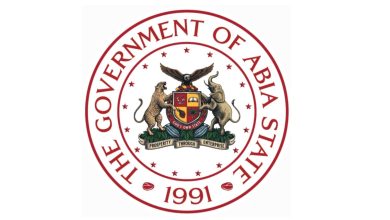Nigeria Adds Mandarin, Chinese Language To Senior Secondary School Curriculum
Nigeria has officially added Mandarin to senior secondary schools, boosting cultural and educational ties with China.
The new curriculum offers students global opportunities while strengthening language skills for future careers.
The Federal Ministry of Education has officially included Chinese language (Mandarin) as one of the foreign languages to be offered in Senior Secondary Schools (SSS) across Nigeria, following a recent curriculum review.
The announcement was made by Dr. Danlami Hayyo, Education Secretary of the Federal Capital Territory (FCT) Administration, during the inauguration of the Chinese Corner at Government Secondary School, Tudun Wada, Abuja.
The project, sponsored by the China Civil Engineering Construction Corporation (CCECC) as part of its corporate social responsibility, adds to the growing list of initiatives aimed at strengthening cultural and educational ties between Nigeria and China.
Dr. Hayyo noted that the FCT had been ahead of the curve in introducing Mandarin in schools, thanks to the establishment of “Chinese Corners” in secondary schools across Abuja. With the latest centre at Tudun Wada, the FCT now boasts 14 Chinese Corners, making it the only territory in Nigeria with such facilities.
“Mandarin is the most widely spoken language in the world and has become the language of commerce, education, and tourism. Our decision to embrace Chinese education and culture is a wise move,” Hayyo said.
The centres serve as platforms for students to learn the Chinese language and culture, while also providing opportunities for further education in China. According to Hayyo, they have “greatly enhanced cultural understanding” and boosted Nigeria-China educational exchange.
On behalf of FCT Minister Nyesom Wike, Hayyo thanked the Chinese Government and Embassy for their continued support, describing the partnership as a true example of friendship between both nations.
Speaking at the event, Chinese Counselor Yang Jianxing reflected on the origins of the program, recalling how it started 12 years ago to strengthen cultural ties.
“The ‘Chinese Corner’ has become more than a classroom; it is a bridge connecting Chinese and Nigerian cultures, and one of the most popular cultural hubs among students in Abuja,” he said.
He added that the Chinese diplomatic mission will continue to support Nigeria in education, culture, and youth development, noting that the inauguration of the 14th Chinese Corner represents a “new starting point” for deeper cooperation.
With Mandarin now formally part of the national curriculum, Nigerian students will gain access to global opportunities in education, business, and diplomacy.



